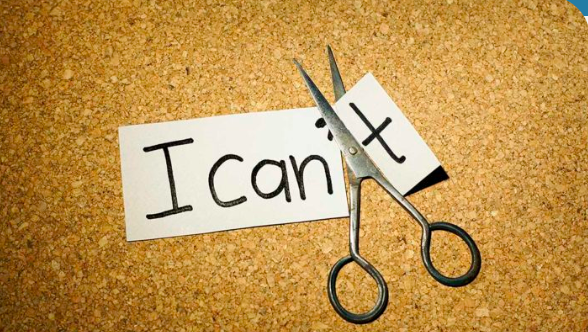Being stuck, in general terms, is defined as being unable to move or being set in a particular situation or way of thinking. Some synonyms for being “stuck” are being “fixed” or “immovable.” In psychological terms, being stuck can occur on an emotional, behavioral, or cognitive (thoughts) level. Negative thought patterns can cause you to become unable to perform positive behaviors or maintain self self-regulation, ranging from simple self-care tasks to self-empowering actions in your career and relationships. You can become stuck when you allow your fearful, painful, and insecure thought patterns to interfere with your motivation toward any meaningful action. Being stuck occurs when you are caught up in a mental cycle of past-oriented emotional pain and when you lose your sense of identity and self-worth. Most importantly, being stuck prevents you from living in the present.
Being stuck can be understood as a standstill of your self-schema, which is your inner cognitive and emotional guiding force. Your self-schema contains all past, present, and future needs, wants, and values. When your self-schema is overwhelmed with negative thoughts, you have extreme anxiety which inhibits your ability to make plans and to implement necessary actions. This anxiety can lead to co-existing depression, and you may get to the point of hopelessness and helplessness about your future. Your self-schema acts as a protective factor when you encounter adverse life circumstances. When your self-schema becomes stuck in your past self, you cannot work on understanding and forming a satisfying sense of your present self or future self. In this blog post we will explore techniques to help identify and treat negative thought patters.
Begin Your Cognitive Movement
Cognitive movement occurs through revising your negative thought patterns to be more present-focused, rational, and self-forgiving, as opposed to self-destructive. You cannot achieve literal movement, i.e. actions, until you master cognitive movement. Your thought patterns determine your actions. You can revise your thoughts to focus on only what you can control each moment of each day, such as personal care tasks, communication skills, and emotional awareness. When you take action, without judging yourself or expecting any sort of reward, you are living in the present. If you are currently stuck, you can begin cognitive movement with the use of self-statements which motivate you to complete small, realistic actions. In fact, being stuck typically occurs when you set too many unrealistic expectations and set yourself up for feeling like a failure.
Visualize Your Ideal Self
Increase Your Self Efficacy
Being stuck can also be understood as a decline in your self-efficacy, which is your confidence level in your ability to succeed in different challenging situations and to master new skills along your life’s path. Self-efficacy is a key factor in managing hardships. If you have a strong sense of self-efficacy, you are likely to view past negative experiences as challenges which have made you resilient. Furthermore, you are likely to have a greater interest in and commitment to daily activities and to cope better with life’s disappointments. When you are stuck in a negative thinking cycle, you get caught up in beliefs about failure and incompetence, thus you perceive yourself as incapable of pursuing your important goals. You also may avoid making decisions in the areas of relationships, finances, career, and academics, thus becoming susceptible to anxiety, depression, and self-destructive avoidant behaviors. To avoid becoming stuck, you must commit to taking actions which promote self-efficacy. Just taking action is key to becoming unstuck.
Improve Your Self-Regulation
Self-regulation is also an important guiding force toward being one’s ideal self and avoiding a dysfunctional, feared self. Self-regulation is an important motivating force and a source of internal control over your environment. Your self-regulatory behaviors are triggered by both external standards of evaluation and internal self-observation and serve as an ongoing monitoring and evaluative force within your sense of self. Self-regulation can be improved by creating a clearly defined and satisfying action plan. Using self-regulation is key to both cognitive movement and to purposeful actions. Self-regulatory behaviors create an internal locus of control which can serve as a protective factor in the face of adverse circumstances.

New Age Psychiatry offers licensed and certified psychiatric services through virtual telehealth appointments within the state of Florida. We understand the complexities that come with mental health disorders and symptoms, and we will work hard to help you manage your condition.
New Age Psychiatry is a modern mental health service in Florida that approaches addiction and other mental health issues with compassion and forward-thinking techniques. New Age Psychiatry offers certified psychiatric services through telehealth appointments in Florida. Some of the highlights of the New Age Psychiatry approach include:
- Online Screening – We will begin with certified online screening to provide an overview of psychiatric care. We also offer a personalized, specific diagnosis through our psychiatric Telehealth services.
- Diagnosis, Recovery, & Treatment – Our full range of comprehensive psychiatric telehealth services can aid in treating a multitude of psychiatric illnesses and assist in the recovery process in alcoholism.
- Telehealth Services – Our psychiatric telehealth services are available throughout the state of Florida and can assist you in psychiatric care through counseling and medication management
Contact us on the web for a virtual appointment. If you prefer to use email, you can reach us at info@wordpress-102119-4593329.cloudwaysapps.com or call us today at (877) 769-5206 for more information.


